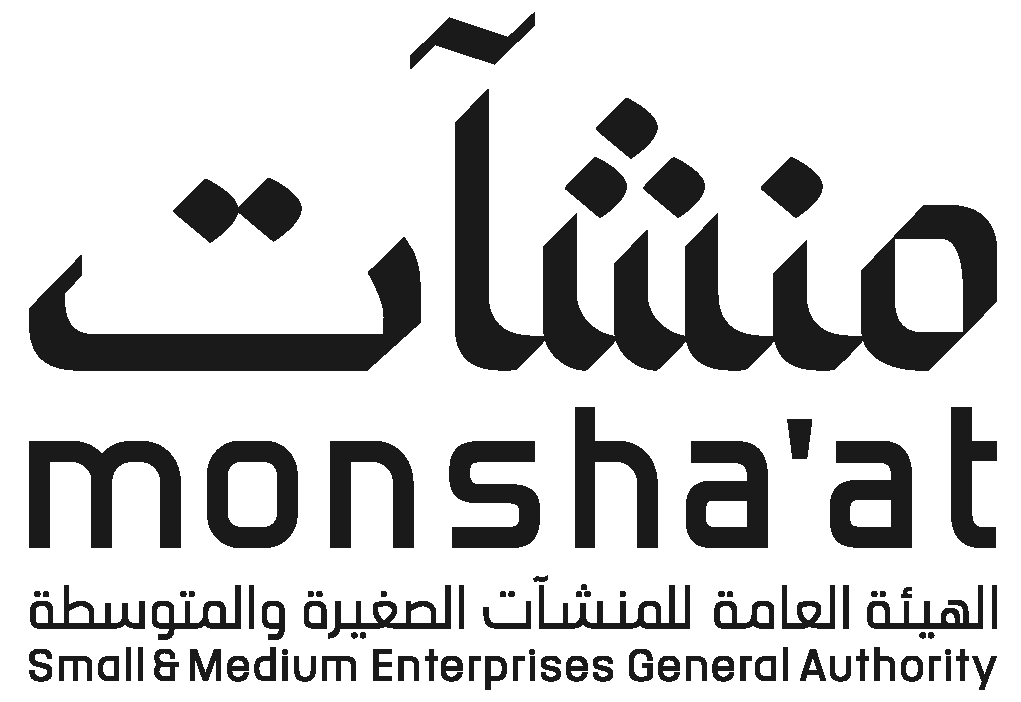In a recent financial update, the Saudi Small and Medium Enterprises Bank revealed an expenditure of SAR 1 billion ($267 million) between December 2022 and January this year, as per the latest figures.
The Kingdom’s National Development Fund reported that in 2023, the bank introduced five new financial products aimed at small and medium-sized enterprises (SMEs) – microloans, working capital loans, term loans, commercial loans, and revolving credit facilities.
Small and medium-sized companies have played a crucial role in diversifying Saudi Arabia’s economy beyond oil dependence, fostering innovation, and generating sustainable job opportunities across various industries.
Abdulrahman bin Mohammed bin Mansour, the acting CEO of the SME bank, recognized the significant contribution of SMEs, which constitute 99 percent of businesses in the Kingdom. He cited various initiatives underway to bolster their growth.
To enhance this sector, the Saudi Cabinet established the SME bank under the National Development Fund in February 2021, which commenced operations the following year. This financial institution aims to fortify the SME sector as a cornerstone of economic growth in the Kingdom and a catalyst for achieving the objectives of Vision 2030.
The General Authority for Small and Medium Enterprises, along with the National Development Fund, has launched initiatives targeting an increase in the SME contribution to the Kingdom’s GDP to 35 percent by the end of this decade.
Empowering Entrepreneurs
The latest report underscores the Kingdom’s proactive efforts to promote entrepreneurship through various funding mechanisms and banks within its economic system.
“The National Development Fund coordinates the activities of its affiliated funds and banks concerning medium and long-term development financing needs, enhancing their efficiency and financial sustainability,” stated the official report, aligning with the broader objective of fostering entrepreneurship.
Mansour highlighted the importance of SME banking services in addressing sectoral challenges, including the lack of financing products. “The market is vast, encompassing over 1.4 million SMEs. Providing suitable financing solutions for these enterprises is essential for their expansion,” he added.
The acting CEO also noted that the SME bank, alongside the Kafalah program and Saudi Venture Capital, plays a key role in bridging the financing gap and addressing existing challenges through comprehensive financial and investment solutions.
The Kafalah program aims to assist SMEs in securing the necessary funding to enhance and expand their operations. Meanwhile, the Saudi Venture Capital (SVC) endeavors to bolster and sustain financing for startups and SMEs.
Mansour affirmed the Saudi economy’s strength, largely attributable to the SME sector, which thrives in a developmental environment that bolsters SME resilience to challenges.
The financial institution has developed three innovative financing models to support the Kingdom’s entrepreneurial landscape: co-financing, agency-based financing, and low-cost loans.
Regarding co-financing, the partner bank’s dedicated program portfolio includes funds deposited by both the SME bank and the partner bank, with the latter managing and investing these funds to finance companies directly.
Conversely, the agency model involves the SME bank depositing funds into a dedicated project portfolio on crowdfunding platforms specializing in debt-based crowdfunding. These platforms manage the portfolio, investing the funds through direct financing companies.
In the low-cost credit model, liquidity is provided to the non-banking finance sector, enhancing SMEs’ ability to offer more credit, thus facilitating their growth and expansion while reducing their funding costs.
The Digital Journey
The acting CEO also referenced the SME bank’s current development of a comprehensive digital strategy targeting three interrelated pillars: financial services, data centers, and value-added services.
“The bank offers innovative financing plans through the financing portal, enabling SMEs to meet their objectives and access various financing solutions with ease,” he explained regarding digital financial services.
The data center aims to store and provide a full analysis of SME data supported by artificial intelligence, while the value-added services carefully select offerings that meet the non-financial needs of SMEs, collaborating with them through partners.
“The strategy is still evolving, intended to create an innovative business model that allows us to achieve our goals more quickly, efficiently, and accessibly,” Mansour shared.
Venture Capital Investments
The SME bank’s CEO pointed out that the Kingdom is expected to account for 52 percent of total venture capital investments in the Middle East and North Africa region in 2023, up from 31 percent in 2022, signaling the Saudi economy’s robustness, resilience, and growing investment appeal. The achievement also reflects the modernization and development of the regulatory framework governing venture capital investments.
Earlier in January, SVC disclosed that venture capital funding in Saudi Arabia is projected to reach $1.4 billion by 2023. Mansour also reiterated the Kingdom’s expanded role in the venture capital sector, reinforcing its position as a key G20 member and a significant player in the global economy.
“In 2018, Saudi Arabia ranked fourth in the MENA region in terms of venture capital investment value. Today, our beloved nation proudly leads the region,” concluded Mansour.








